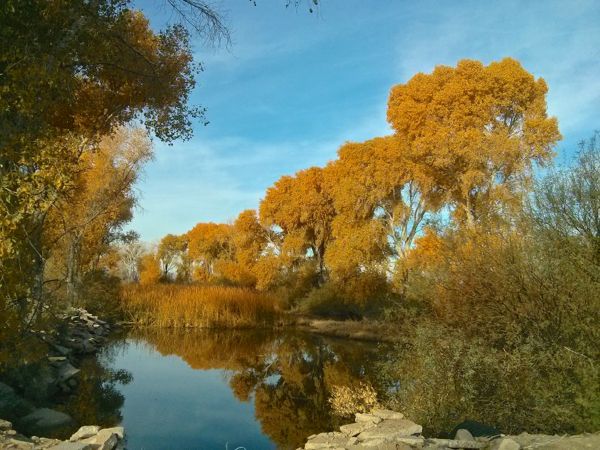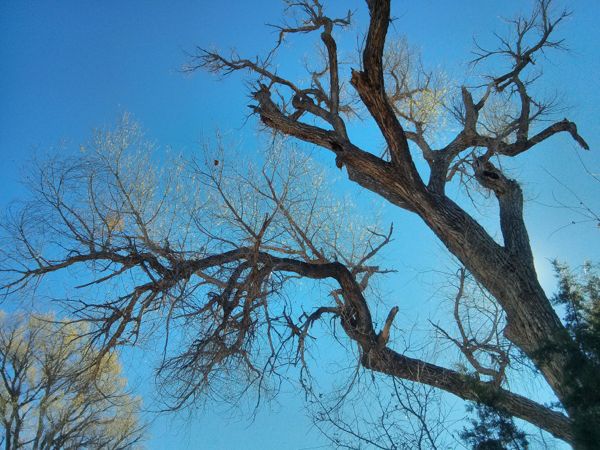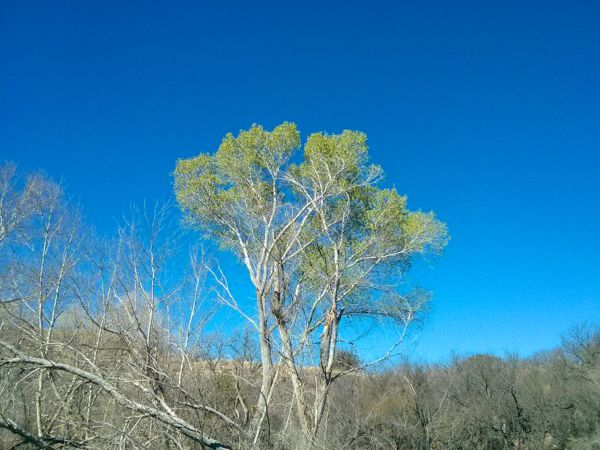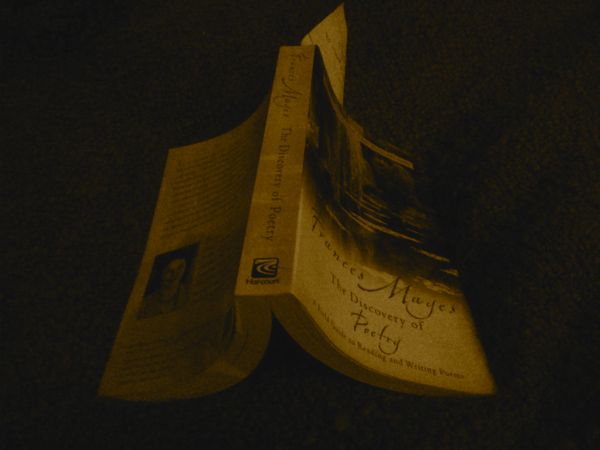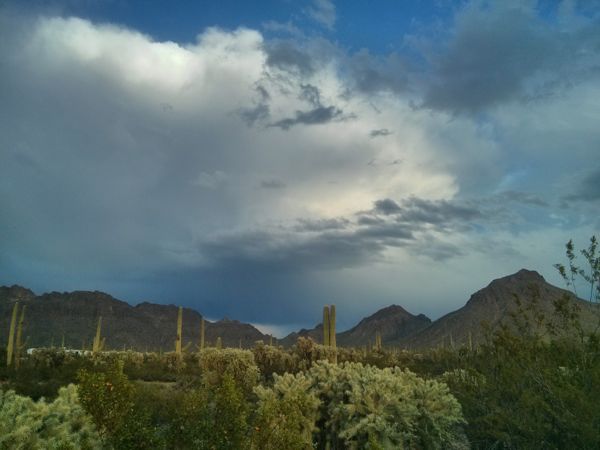Part 1: "May we have your father's grace"
 January 1, 2019
January 1, 2019 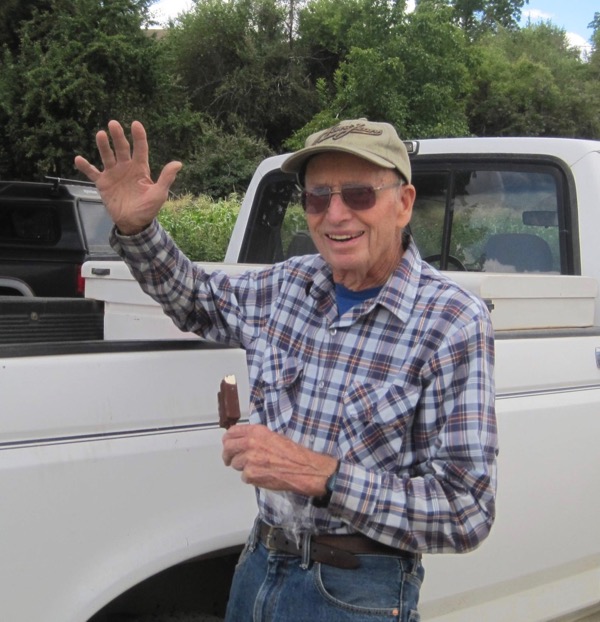
Marynard A. Cutler (1923 - 2018)
After almost 96 years of life my father passed away on December 3, nearly a month ago now. As I start to write this, I feel a wave of sadness, as I always thought of Dad when I composed a post. Though he almost never said anything to me about my writing, he was a fan, and I know he read every word. His greatest compliment was when he commented once that he didn’t know how I could put all those words together in the right order. He wondered (in his usual understated way) “If someone took all the words from one of your stories and mixed them all up in a box, could they make something like this out of them?”
On the other hand, I also worried about what he would think of what I wrote. My life is quite different from his and I have tended to keep a lot of it to myself around him. This blog pushes my comfort zone about sharing my inner world. Would he judge my choices? Would he understand what I was doing? Would he think I was nuts?
So as I write, I feel an odd combination of loss and relief. Though in a way I feel freer to speak my mind, there is a hole out there where he used to be receiving what I sent out. I had gotten used to him being there like a light in the night showing me the edge of the world I lived in. Now that little light is dark. I feel the emptiness where it once was.
*******
There's so much in my heart since Dad's passing. My mind is a log jam of thoughts and feelings. Where to begin? I realized today that I didn’t have to fit all my thoughts in one post. That helped. And with the pressure off, it was clear that the first thing I wanted to talk about was his actual death.
Both of my parents were capable, intelligent, independent farm people. Mom, however, became incapacitated at the end of her life by small strokes and a series of falls and broken bones. She needed full-time care for her last two years of life, and spent many months in a rehab facility.
Dad never wanted to go to a nursing home or even have someone care for him in his own home. He said to me once when he was younger that he would crawl around on the floor to take care of himself before he would have some stranger come into his house to help him. And the thought of going to any kind of retirement home always made him grimace like he was in pain. Though he would gladly accept help from his children in his later years, even that was always on his own terms.
Over this past summer when I stayed with him he was clearly declining. He tired easily, was often dizzy, and would occasionally collapse without warning. Though he could still take care of all his daily chores, his world had shrunk down to the house, the iPad, and the television, with an occasional drive on the farm roads to see what my brothers and niece were working on.
After Tom and I left in September I think he was about the same, but later that fall he started letting my brothers know that he was ready to die, and even looking into what hospice provided. Then on December 2nd my brother found that he was having some small seizure-like episodes. He had also thrown up and just wasn’t feeling well, so in the evening my brother took him to the emergency room. When he got to the hospital they found that his heart rate was very low—I believe the doctor’s comment was, “How can you be talking to me when you have a heart rate of 35!”—and that he would need a pacemaker to survive. At first Dad was uncertain about what he wanted. What would the pacemaker do for him? Was it a good idea? His sons were uncertain how to advise him. So much seemed like it hung in the balance. What was the right decision? And who would make it and how?
Sometime in the last three years I had read Being Mortal by Atul Gawande—one doctor's exploration of how to help people do what is really important to them at the end of their lives, and his critique of how and why the medical professional sometimes fails to achieve that. It seemed like the doctor who attended to Dad on his last trip to the hospital must have read the same book, because his ability to help Dad with this decision was noteworthy. He spoke directly to Dad, not to my brothers who were in the room with him. He made sure Dad could hear and understand him. And he asked Dad very specific questions about what really mattered to him. If Dad contradicted himself he would simply point that out and continue to patiently hold space for Dad to make his own decisions.
Further tests had showed that Dad’s heart had been damaged by a heart attack. And the doctor’s careful attention to him allowed Dad to take that information in. At some point in the conversation, Dad became very clear. No pacemaker. No surgery. It was time to let nature take its course.
Dad was moved to a room where he could receive comfort care. I was able to say a few sentences to him on the phone, and when one of my brothers left for the night Dad was still arguing with him that he wanted to run the remote control himself. A couple hours later he drifted off to sleep. The next morning he gradually stopped breathing and died.
Dad wasn't someone who shunned medical care. He had a quadruple heart bypass in his 70's as well as surgery for prostate cancer. Just in the past few months he had had some cancerous skin growths removed from his face. He got angry with my brother when he recently tried to help him fill out a form specifying what kinds of medical care he would and wouldn't want in an emergency. "That's what the doctors are for!” he shot back. “They are supposed to make those decisions!"
But he knew what he wanted, and he knew when it was time. For him, life was not worth living if it meant moving out of his home or being helpless. He wanted to be able to cook his own turkey loaf in the oven and play ping pong even if he had to hold onto the table with one hand to steady himself. He took every opportunity to live a long life, to enjoy working and playing, but in the end he didn't grasp at it. He was able to open his hand and let go.
As a good friend wrote to me after Dad's death: May we have your father's Grace.
